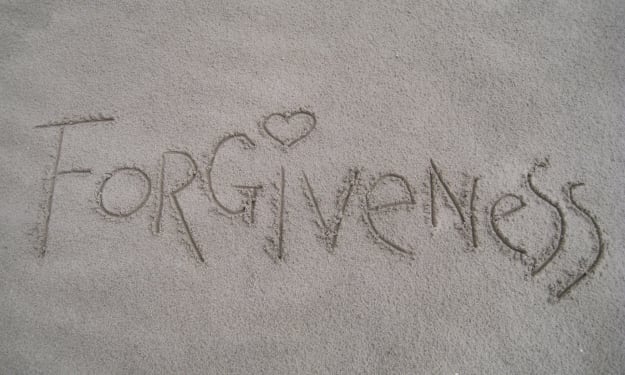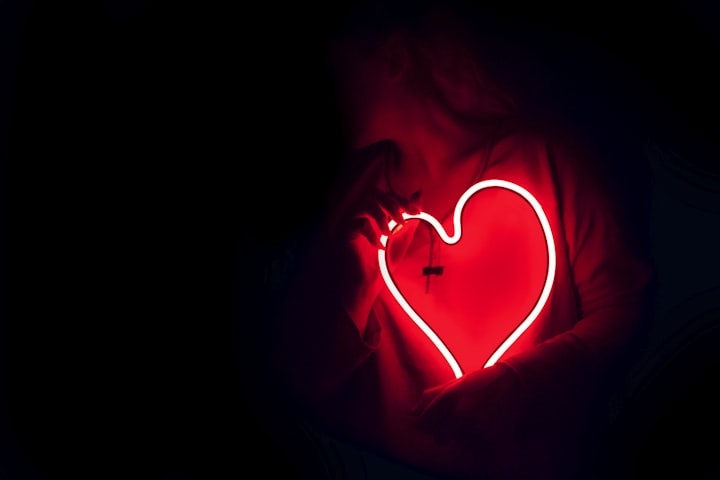An Introvert with Contradictions
Personality traits are seldom simple.

I've always been an introvert. Being alone is what feels easy, what feels good. It's how I recharge depleted internal batteries. Yet I live in a society where extroversion is the expectation. People are supposed to be social creatures with large groups of friends who enjoy attending social functions. I'm not that person, and I've gotten to a point in my life where I no longer have any interest in pretending to be that person.
Yet it's not entirely feasible to be by myself all of the time, and there have been, and still are to some extent, areas of my life where bits of pseudo-extroversion have bubbled up to the surface.
My Pseudo-Extroverted Youth
When I moved away from home at 18 to go to university in the big city, I saw life as an adventure. I wanted to experience as much as I could and pack as much fun into those few years as possible. I had the boundless energy that people are so lucky to have at that age, so I didn't need a lot of alone time to recharge my batteries. I had a small core group of friends whom I spent most of my time with, and that was very manageable. Larger social occasions and partying were typically fuelled by alcohol, which pushed my inner introvert into the backseat.
As I moved through my 20s and realized that regular liquid social lubrication wasn't necessarily a good thing, I noticed how much it was feeling like work to be in social situations in groups of larger than four-ish. Small talk felt like a huge energy parasite, and I was finding it increasingly difficult to come up with light chitchat with people I didn't have something very specific in common with. I would then feel frustrated with myself for being boring and having nothing to say.
My Extroverted Professional Persona
Nursing was my chosen profession, and mental health was the specialty that I happened to fall into. It may seem like an odd choice for an introvert to work in a field that involves talking to people all the time, but somehow it just fit. In a strange exception to my introversion, interacting with my clients typically energizes me. Over the years I've developed this finely honed nurse persona, and she is quite extroverted. Perhaps the word persona is a poor choice, because it implies artificiality when in fact there's nothing fake about it; the real me is heavily infused into that nursing identity. Yet that nursing identity fits in a fairly tidy box. There isn't a lot of spontaneity required on my part; I am reacting to whatever I happen to be getting from my clients. It's become second nature, and my responses are like a well-oiled machine.
It's probably that lack of spontaneity required that allows me to have that extroverted nurse self. I'm reacting based on training and knowledge, and that's easy to access, unlike normal social situations that require the generation of new ideas in the moment. Yet somehow even small talk with a client is much easier in my nurse persona as opposed to my regular self.
The Impact of Illness
At age 27, my life changed forever when I was diagnosed with major depressive disorder. It's had a huge impact on how I interact with the world around me. When I'm depressed, my natural introversion shoots through the roof. As the illness has progressed, it has made me increasingly isolative and led me to push many people out of my life. My depression makes me hate people, which gives me an excuse to wallow in my introversion like a pig in mud.
Introversion is sometimes conflated with social anxiety, but they're actually quite different constructs. While I sometimes experience anxiety related to my depression and I occasionally feel some nervousness in social situations, I don't have social anxiety. I would just rather not be around people. There can be comfort in accepting introversion, but there's no comfort to be found in social anxiety disorder.
Acceptance
While I still realize the societal expectations of extroversion, as I've gotten older I care much less what people want or expect of me. I've not only accepted but embraced my introversion, and have no desire to engage in social activities that feel unpleasant and exhausting. Perhaps if my depression goes into remission again I will find a little bit more balance again. Regardless, though, being an introvert is a basic part of who I am, and I have no desire to fight that.
About the Creator
Ashley L. Peterson
Mental health blogger | Former MH nurse | Living with depression | Author of 4 books: A Brief History of Stigma, Managing the Depression Puzzle, Making Sense of Psychiatric Diagnosis, and Psych Meds Made Simple | Proud stigma warrior






Comments
There are no comments for this story
Be the first to respond and start the conversation.